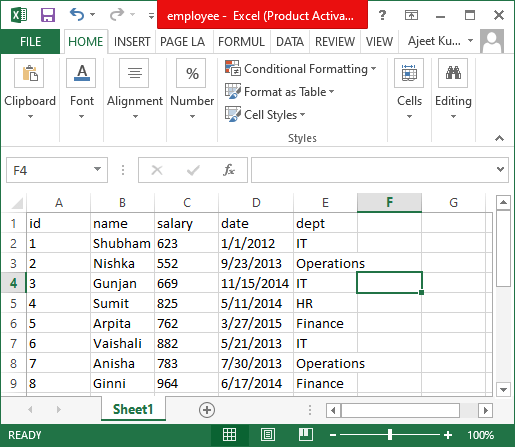

It’s very important to understand the fundamental difference between a subpattern, used as a subroutine and a back reference !!įor instance, given the four lines text, below : 123abc123

In this new tab, perform the simple S/R, below : File.read(filename).include(word) If your file is very large, this is not an optimal solution, as you would read the complete file into memory and start searching afterwards. Paste the clipboard contents in a new tab, with the Ctrl + V shortcut Hit the Ctrl + C shortcut ( DO NOT use the context option Copy ! ) HOME/.ssh): require find totalsize 0 Find. For example, to total the size of all files under your home directory, ignoring anything in a dot directory (e.g. Because of this, you can expect to find first-rate support for text processing. The Find module supports the top-down traversal of a set of file paths. As you type, the matching occurrences are highlighted in the editor, and. require 'docx' Create a Docx::Document object for our existing docx file doc Docx :: Document.open('tables.docx') Iterate over each table do table lastrow Copy last row and insert a new one before last row newrow py newrow.insertbefore(lastrow) Substitute text. In the search field, start typing the search string. If necessary, specify the search and replace options. The search and replace pane appears on top of the active editor. With a right mouse click, choose the select All option, in the Find result panel Ruby fills a lot of the same roles that languages such as Perl and Python do. Press Ctrl+H or choose Edit Find Replace from the main menu.

If you, simply, need the list of all these files, follow the method, below : Some lines, containing, either, Word1 or Word2 or both

The absolute path of each file, containing the two words Word1 and Word2 See the Find module documentation for an example. Meaningful only within the block associated with Find::find. If the current file is a directory, that directory will not be recursively entered. If you need a sensitive search, change the modifiers part by the syntax (?-is)Īfter running these regexes, using the Find in Files dialog, you should get, in the Find result panel : To read any file system in Ruby we can use the Keyword new over file path along with the file name, like File.new(‘test.txt’,r), here the test. Skips the current file or directory, restarting the loop with the next entry. from last occurrence of the search string with respect to entire file content. The dot will match a single standard character, even if you previously checked the. Example based guide for text processing with Ruby from the command line. In the Advanced Options window, switch to the File Types tab. In the Indexing Options window, click the Advanced button. Hit Start, type index, and then click the Indexing Options result. The search is performed, in an * insensitive case way The screens might look a little different, but it’s the same basic process on all versions. ( This atomic group is just a particular case of of recursive subpattern, located outside the parentheses to which it refers if your two words, Word1 and Word2, are, always, both located in a same line, you could, preferably, use the more simple regex, below, which searches for the smaller range of characters, in a same line, between the string Word1 and Word2 OR between Word2 and Word1 We use a specific regex construction (?#), named a called subpattern. Then (Word1) matches the string Word1, stored as group 1, due to the parentheses, ONLY IF followed by the first string Word2, found afterwards, also stored as group 2, due to the “Look-ahead” construction (?=.*?(Word2))Īfter the alternative symbol |, the case (?2)(?=.*?(?1)) just represents the opposite case, where we’re searching for the string Word2, followed, further on, with the string Word1. The search will be perform, in an insensitive case way ( If you need a sensitive search, just use the syntax (?s-i) ) How can i do this with perl/ruby/awk/sed/bash or. If it finds this word in any file it will list that file. It will also search in all hidden directory and sub-directories. ) special character matches, absolutely, any single character ( standard or EOL ) I have to search this word in all files inside a directory and it's sub-directories. The syntax (?si), at beginning of the regex, are modifiers which ensures that : So, instead, you could use the regex (?si)(Word1)(?=.*?(Word2))|(?2)(?=.*?(?1)), which searches for, either, the words Word1 OR Word2, in an insensitive case way, if they are followed, further on, by the second specific word However when the general case where the two words Word1 and Word2 are located in different lines, a search, with the Find in Files dialog, does NOT display, in the Find Result panel, all the lines of the block, beginning with Word1 and ending with Word2 ( or the opposite ) but ONLY the first line of each multi-lines block.


 0 kommentar(er)
0 kommentar(er)
